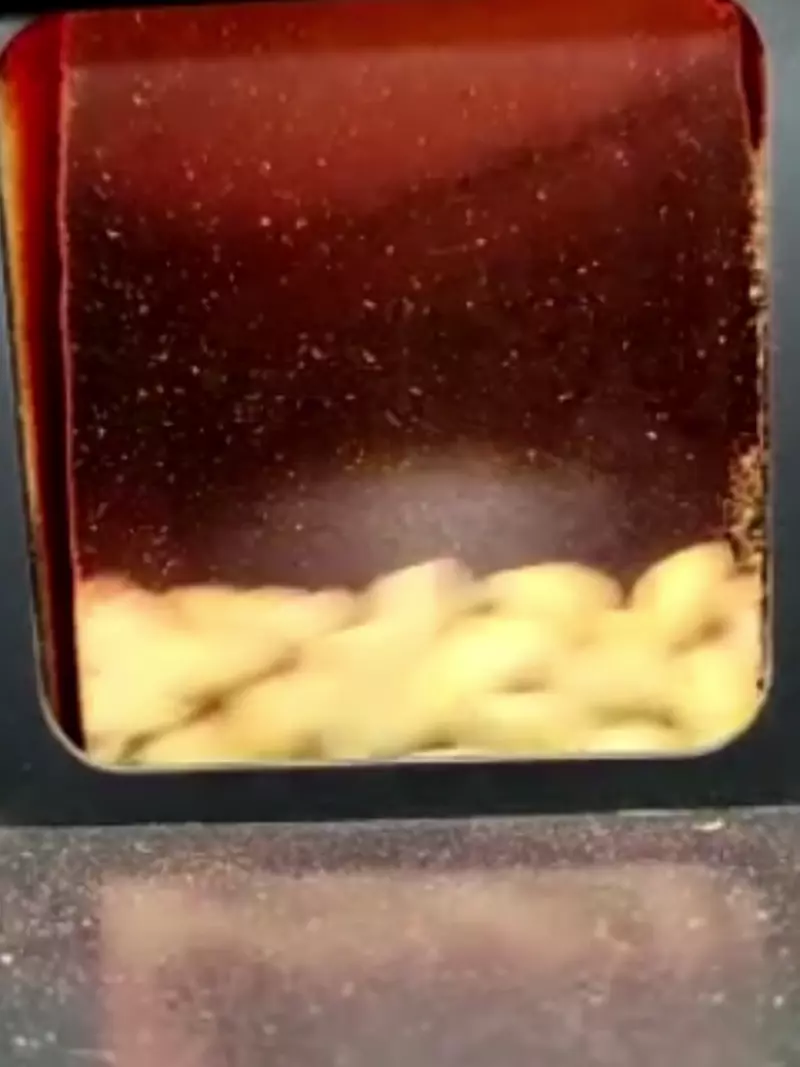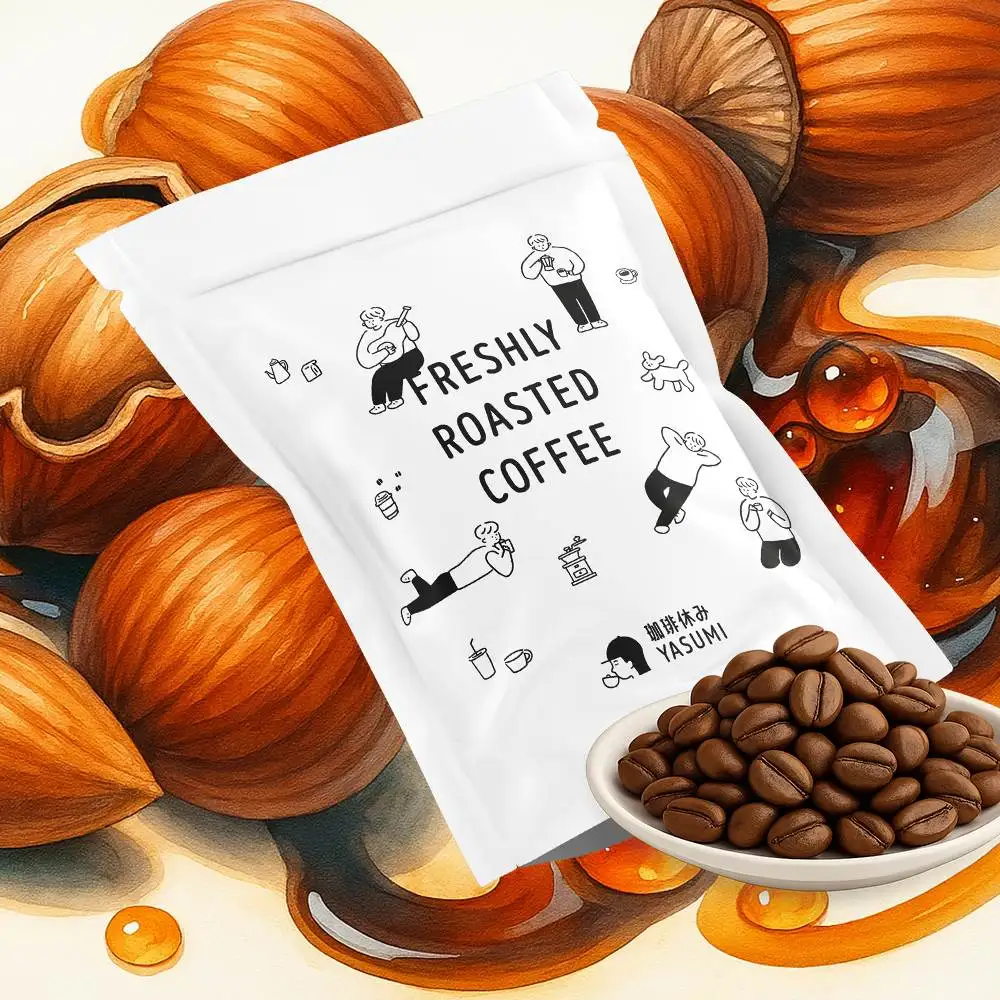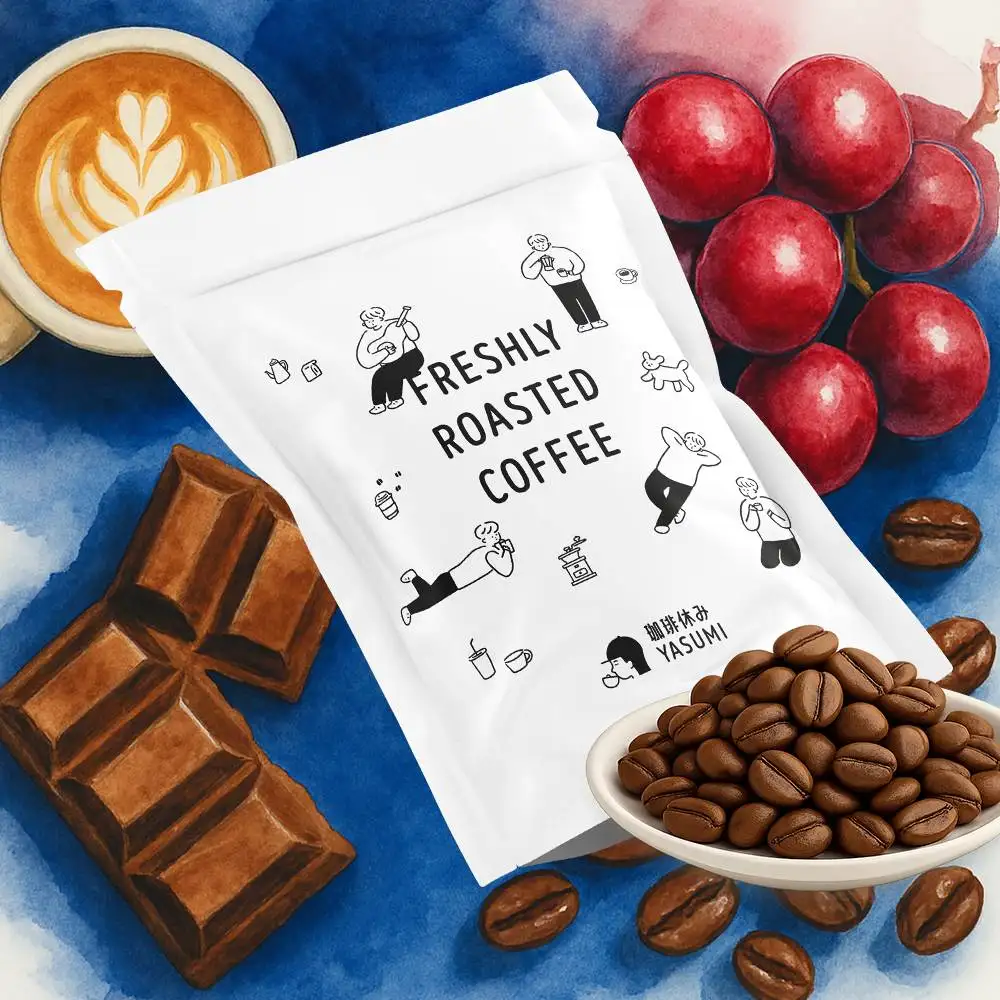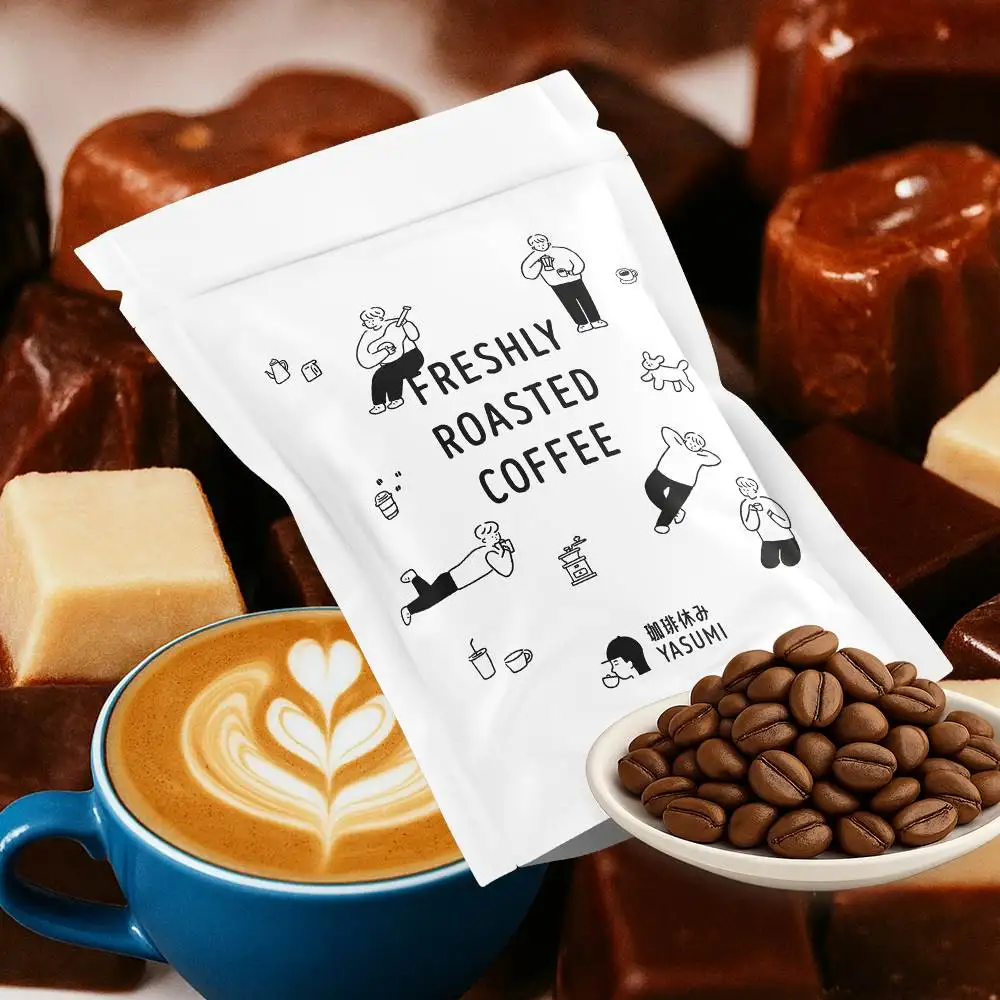The comparison between tea and coffee often leads to interesting debates. Both have a rich cultural history, deliver unique flavors, and offer numerous health benefits. But what about caffeine content? Understanding the caffeine difference can be crucial, especially for individuals trying to monitor or adjust their caffeine intake. This article will unravel the often asked question: Which has more caffeine, tea or coffee?
Coffee is often the go-to drink for those seeking a high-caffeine beverage. The caffeine content can vary depending on several factors, including the type of coffee bean, the brewing process, and the serving size. On average, an 8-ounce cup of coffee contains approximately 95 milligrams of caffeine. However, this amount can range from about 30 milligrams to 200 milligrams per 8-ounce serving.
Like coffee, the caffeine content in tea can vary based on several factors. These include the type of tea (black, green, white, oolong, etc.), the tea's origin, and how it's brewed. On average, an 8-ounce cup of tea contains around 30 milligrams of caffeine. However, it's important to note that certain types of tea, like Matcha, can contain higher levels of caffeine.
From a general perspective, an average cup of coffee contains more caffeine than an average cup of tea. However, this doesn't mean tea is a low-caffeine option in all circumstances. Certain teas can contain as much or even more caffeine than some coffees.
While caffeine content is an essential factor to consider when choosing between tea and coffee, it's also crucial to consider personal preference and the different health benefits that each beverage offers. For example, tea is rich in antioxidants called flavonoids, while coffee is a significant source of the antioxidant chlorogenic acid.
If you're specifically seeking a beverage with lower caffeine, consider opting for herbal teas, which are naturally caffeine-free, or choose decaffeinated coffee or tea. If you have any concerns about your caffeine intake and its effects on your health, it's always best to consult a healthcare professional.
In conclusion, while coffee generally contains more caffeine than tea, the exact levels can vary significantly between different types of both beverages. Understanding these variations can help you make informed decisions that align with your taste preferences and dietary needs.



